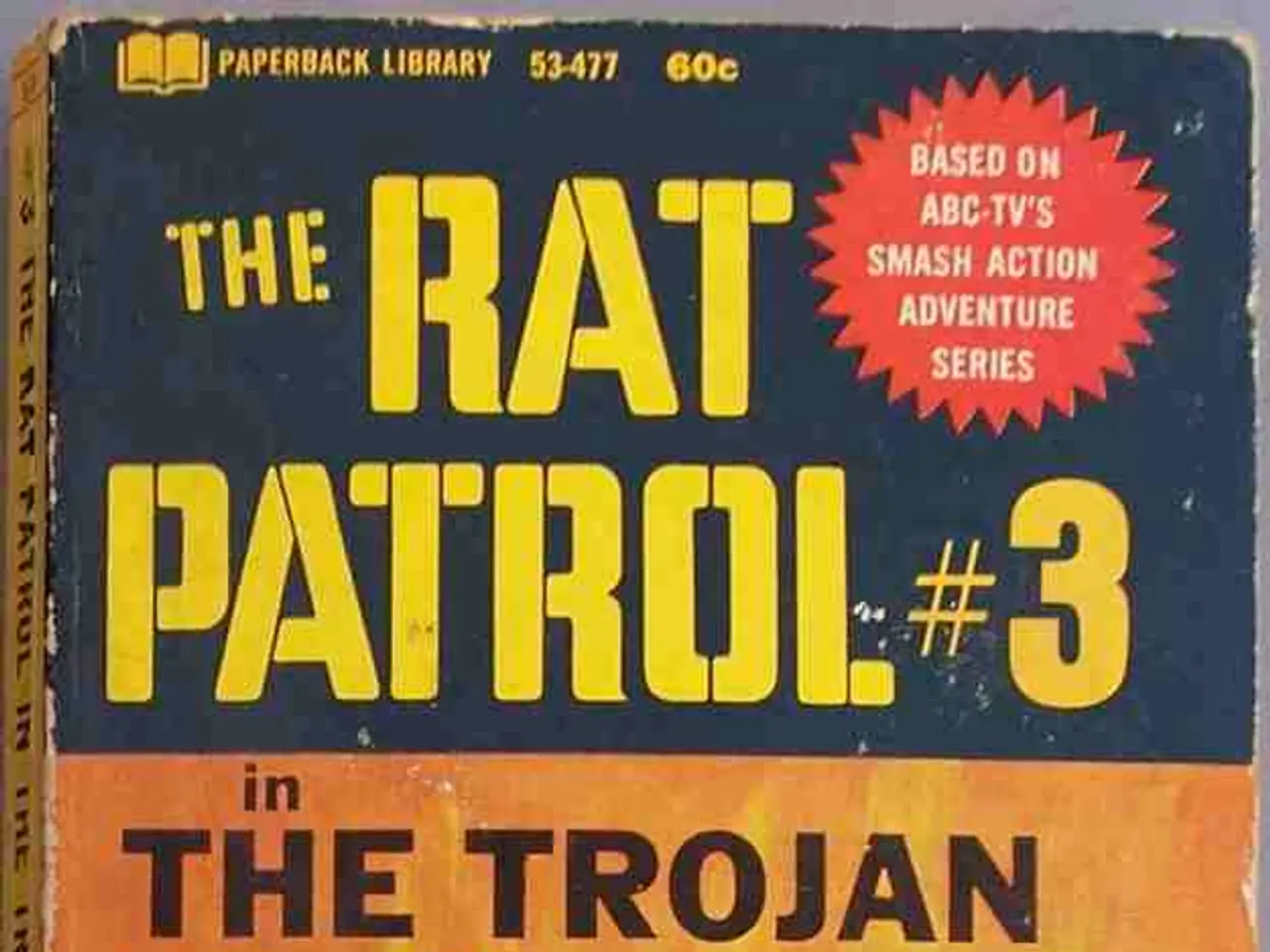Essay Competition Announcement: "Writing on 'The Army in 2040'"
The Army has recently closed the submission phase for the Army 2040 Contest, a competition that aimed to expand the community of interest for the Army's next operating concept. This contest, in cooperation with the Army Futures Command's Directorate of Concepts, invited participants to envision the battlefield of 2040, focusing on the operation, equipment, organization, and arraying of forces leveraging advanced technologies like artificial intelligence (AI), autonomous systems, and robotics.
The contest encouraged participants to stretch the limits of current thinking, asking them to explore how adaptations at the tactical level might lead to changes in operations and campaigns. The question posed was: "With AI maturing, autonomous systems and robotics becoming more prevalent on the battlefield, and battlefield transparency increasing, how should Army forces operate, equip, organize, and array the battlefield 2040 to overcome those challenges?"
Submissions were reviewed and evaluated based on criteria such as problem definition, thoughtful analysis, new thinking, unique approach, historical application, realism, and knowledge of relevant writing. The director of the Directorate of Concepts made the final judgment for the contest.
Winning concepts emphasized enhanced decision-making speed and accuracy, collaborative autonomous platforms, and integrated multi-domain operations employing advanced AI for planning and execution.
Operational Concepts
Winning ideas featured AI-enabled staff planning tools that quickly analyze terrain, weather, enemy doctrine, and friendly dispositions to generate, wage, and refine multiple courses of action (COAs) through rapid war-gaming. This allows commanders to make superior, rapid decisions and integrate deception and nonlethal fires seamlessly.
Equipment and Technology
The use of networked, autonomous "launched effects" (attritable unmanned systems) deployed from aerial or ground platforms to perform reconnaissance, electronic warfare, strike, and communication relay roles was a common theme. Autonomous systems must operate collaboratively in contested environments, supporting multi-domain task forces by 2026.
Organization and Arraying
The future force structure envisions significant integration of AI command systems with human-led units, enabling complex multi-domain task forces that are data-driven and capable of decentralized decision-making. This includes balancing highly advanced digital capabilities with resilience for contested, low-tech environments.
Criteria for Winning Submissions
Proposals were judged on mission alignment, innovation in AI/autonomy use, technical merit, delivery readiness, cost-effectiveness (including manufacturing scalability and sustainment), and past performance in UAS or tactical system integration. Submissions needed detailed cost estimates, schedules, and demonstrated manufacturing capabilities, ensuring that concepts are not only visionary but practically implementable.
In essence, the Army 2040 Contest winning ideas envision a battlefield where AI and robotics do much of the complex processing and autonomous action, significantly accelerating friendly planning, reconnaissance, and strike operations. The force is organized around interoperable autonomous platforms and AI-assisted decision-making that adapts to the contested multi-domain battlespace by combining human judgment and machine speed.
The next Army Operating Concept is being written and tested, focusing on anticipating how Army forces might operate, equip, or organize in different ways to meet the challenges of the future operational environment in 2040.
If you have a vision for the future battlefield, your essay could be part of the Army's next operating concept. Submissions for the Army 2040 Contest are now closed, but keep an eye out for future opportunities to contribute to the development of the Army's strategic vision.
Email your essays to [email protected] with "Army 2040 Contest" in the subject line. Essays will be accepted from any person from any field, with up to three co-authors per entry. Each participant may submit only one entry to the competition. Essays must be original, unpublished, and not subject to publication elsewhere.
Read also:
- Elon Musk Acquires 26,400 Megawatt Gas Turbines for Powering His AI Project, Overlooks Necessary Permits for Operation!
- U Power's strategic collaborator UNEX EV has inked a Letter of Intent with Didi Mobility to deploy UOTTA(TM) battery-swapping electric vehicles in Mexico.
- Global Gaming Company, LINEUP Games, Moves Into Extensive Global Web3 Multi-Platform Gaming Network
- Toyota strikes a deal in Shanghai for a solely owned Lexus electric vehicle production plant.




